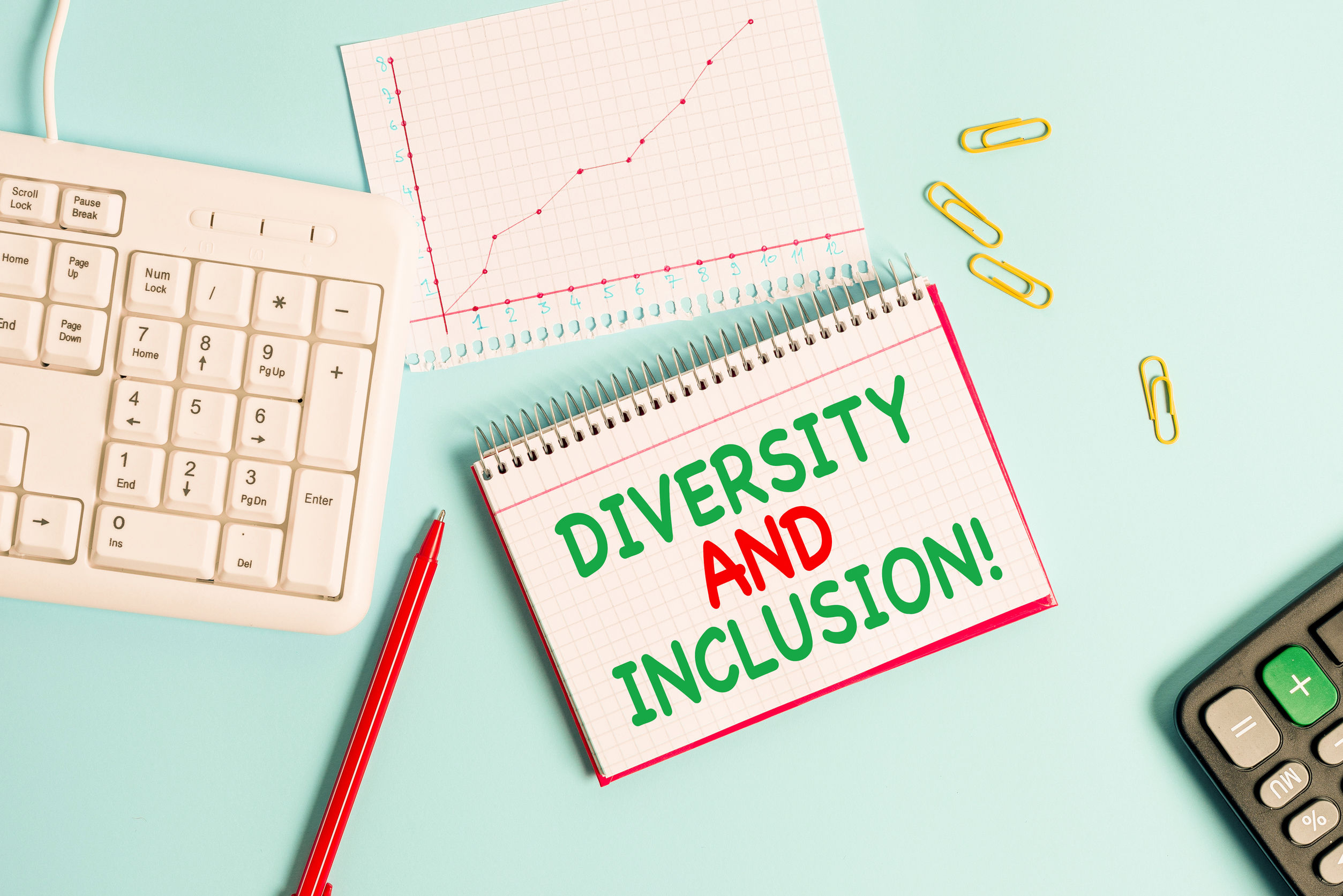Bersin: 3 ways to move beyond D&I and foster belonging at work
- HRM Asia Newsroom

After this summer’s ongoing protests around social justice, workplace diversity and inclusion has jumped to the top of HR agendas. The D&I leaders participating in our Big Reset working groups have discussed unprecedented levels of anxiety, frustration and even anger as they try to address the diversity challenges in their organisations in meaningful and timely ways.
After listening in on many conversations, it is clear that, in order to bring about real change, we, as HR leaders, need to move beyond hitting diversity quotas and other standard metrics and focus on creating a sense of belonging in our company cultures.
At one time or another in our careers, most of us have experienced a feeling of “not belonging.” Being left out of meetings. Not having input into key decisions relating to your work. Not having control over your workday. Being afraid to voice an opinion for fear of public rejection. Such occurrences leave us feeling stressed, angry and mistrustful – feelings that result in low engagement, performance issues and, ultimately, turnover problems.
New research from Glint shows that people who feel they belong at work are 6 times more likely to be highly engaged. Betterup research further shows a 56% reduction in turnover when employees feel they belong; its data also shows that a feeling of not belonging can result in people giving up on trying to do a good job.
As part of her research on inclusion and diversity in the workplace, Dr Lynn Shore, professor of management at Colorado State University, cites the two most important factors she believes are the foundation to creating a culture of belonging.
The first is creating a culture that values “uniqueness” over “sameness.” For instance, if everyone in a company fits a similar demographic profile (for example, young, white and/or male), is from a short list of certain colleges or has similar background experiences, then that company likely values “sameness” over “uniqueness.”
The second factor is how a company moves from mere assimilation of diverse employees to actual inclusion. While many companies may have diverse workforces based on employee demographics, they many not foster true inclusion. For instance, while their workforces may have high percentages of women or minority employees, their management teams may be comprised primarily of white males. Employees of certain ethnicities might be hired primarily for certain roles. Or, employees may be afraid to speak up or express opinions for fear of some type of retaliation.
Certainly, we need a diverse slate of candidates, pay equity and equal opportunity for promotion. And, definitely, we need to teach people about conscious and unconscious bias and respectful behaviours. But, at the end of the day, if the company does not create a culture of “high belonging,” such programmes will not bring about real change.
Based on the many conversations I have had over the last months, I have come to believe there are three steps to fostering a high-belonging culture:
- Creating a nurturing, respectful company climate. This involves making it safe for people to speak up, offering opportunities for personal and career growth to all and ensuring employees are actively involved in the company’s growth. All-hands meetings, open discussions and feedback sessions are ways to create a sense of inclusion.
- Coaching leaders. It is hugely important for leaders at all levels to model respectful behaviours, to demonstrate that opinions and contributions are equally valued, to actively listen and to promote transparency.
- Develop policies, practices and programmes with muscle. For example, does your company mandate a slate of diverse candidates for job openings or promotions? Does it publish pay metrics? Do you conduct meaningful D&I training (not just for checking boxes)? Are there forums for openly discussing opportunity or other disparities?
I recommend we all think more about belonging, and not just about diversity. How can you help your teams and managers learn to respect, value and enjoy peoples’ differences at work? I also encourage you to give your own D&I leader more support. In today’s highly charged climate, these folks are under enormous stress. And, finally, let us remember that belonging and inclusion at work starts with recognising and appreciating the unique constellation of skills and capabilities we each bring to the job.
Josh Bersin will be giving a keynote presentation at HR Tech Festival Asia Online 2020 titled HR Technology Priorities For The Post-COVID Era. Register for the session here






